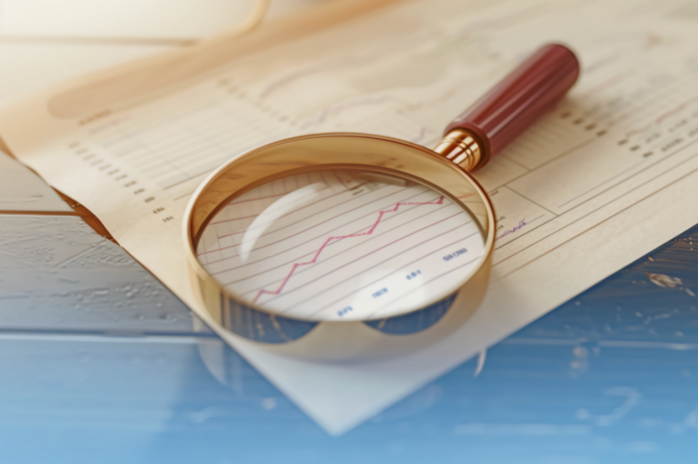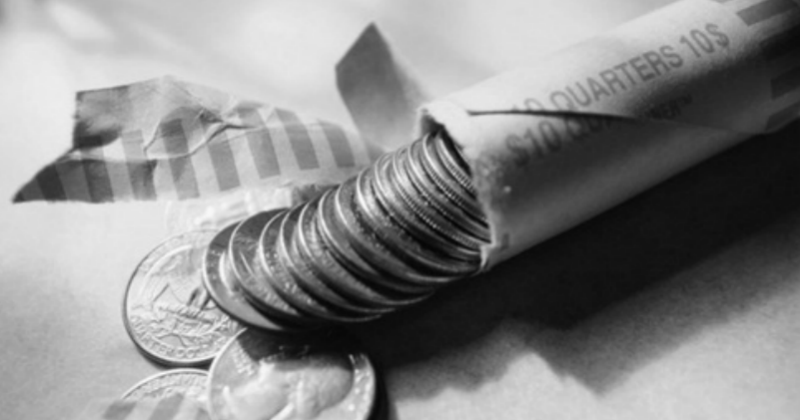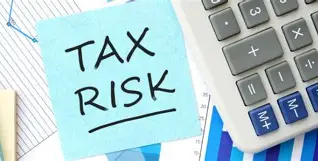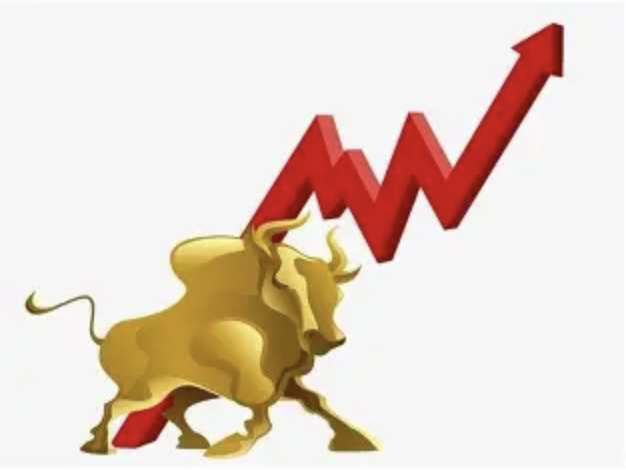When the market suddenly stirs the once-calm investment waters like a storm, many people's first reaction is panic. But truly wise investors understand that such chaos is, in fact, a test of character. Personal finance, at its core, is less about numerical calculations and more about the tempering of human nature. Every time the market experiences violent swings, it reveals not just the rise and fall of account balances but also the truest reflections of our inner selves. In the game of money, it is not investment skills that are tested, but rather our reactions under pressure, whether we flee in panic or remain calm and composed. Thus, market chaos is not merely an obstacle; it is a hidden passage for personal growth.

After experiencing the latest round of market turbulence, it's worth giving yourself a moment to observe: has your emotion fluctuated like the waves? Has your investment portfolio withstood the test? Many people rush from panic to action, from emotion to trading, overlooking the most precious step: pause. It is precisely this momentary pause that distinguishes humans from other animals. Many seemingly urgent, impulsive decisions do not need to be made. Take a deep breath, step away from the mouse, delay the decision, and reassess with a clearer mind: Are my emotions aligned with my values? Are my actions contributing to achieving my long-term goals? Through such reflection, you can avoid short-term mistakes and, in every bout of turbulence, find growth opportunities, transforming an apparent crisis into a sharpening of character.
Of course, feeling uneasy in the face of market volatility is the most natural reaction. Even if your asset allocation perfectly matches your risk tolerance and needs, fear can quietly creep in during market downturns. Strategic inaction often constitutes the optimal course in complex circumstances. If you notice a subtle disconnect between your emotional state and your investment portfolio, a calm reassessment might be wise. Perhaps you need to make some adjustments, perhaps update your investment plan, or even recalibrate your goals. What matters most is not what the market is doing, but whether you can guard your direction with rationality and patience. Wealth management constitutes a lifelong developmental continuum extending far beyond tactical asset reallocation. The real goal has never been about making the numbers on your account look pretty, but about using those numbers to serve a better life. Finance is merely a tool; life is the purpose.

Our instincts demand that we react quickly and make snap judgments, which is why. When storms hit, impulsiveness and fear often take the upper hand. But if we are willing to evolve just a little further, willing to take a deep breath at the moment emotions flare, we can open a door to a better future for ourselves. Tes, the process is slow and painful, far less thrilling than the immediate adrenaline rush of trading. Yet over the long arc of time, the rewards of this discipline will far outweigh any short-term gains.

In life, few arenas offer such swift and profound feedback as investing does. Other Life experiences often take years, even decades, to reveal their returns. But the investment market acts like a magnifying glass, laying bare our emotions, weaknesses, and growth opportunities. Each wave of market volatility is a silent exam, testing our patience, wisdom, and resilience. This, ultimately, is the most precious reward along the journey of personal finance, not merely the growth of account balances, but the gradual maturity of character and the strengthening of the soul.

Is the Stock Market Brewing a Recovery?

How to Protect Your Finances During a Recession

Protecting Against Identity Theft

Planning for Early Retirement

Crafting Your Child's Education Legacy

Side Income Tax: Declare or Risk Consequences?

Wealth Rewards Insight, Not Just Effort
